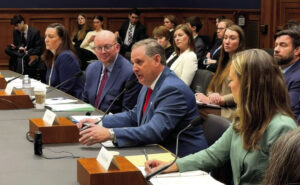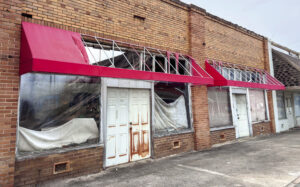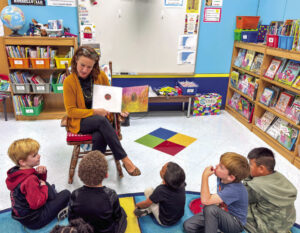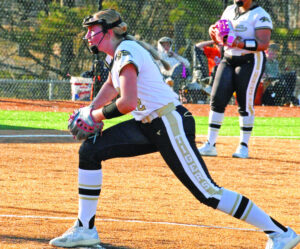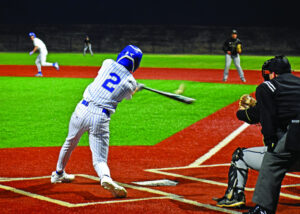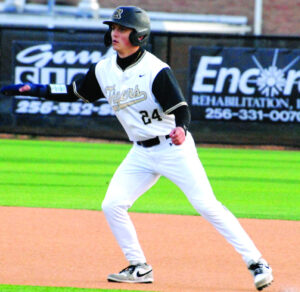Chardonnay vs. sauvignon blanc let the best wine win
By By Stan Torgerson / wine columnist
July 16, 2003
For years I have tried to convince wine lovers sauvignon blanc is a worthy competitor to California's chardonnays.
It is not only competitive in flavor and pleasure, it is a greater value, selling from a few to many dollars less than its chardonnay big brother.
And for years most wine buyers have refused to listen. It's not that they have done bottle-to-bottle testing, a chardonnay vs. a sauvignon blanc and let the best wine win. It's more of a mindset.
They like chardonnay. Their friends do as well. And their favorite package store offers them many different chards from which to choose and only a few of the other. In fact, the state warehouse lists 78 different California chardonnays to retailers, but only 21 sauvignon blancs, a true measuring stick of their respective popularity.
Top quality
Granted, top quality chardonnays can be wonderful. On the other hand many of them are overly fruity, heavily oaked and more soda pop than distinguished wines.
Sauvignon blancs are leaner, crisper and wonderfully food-friendly with oysters, shrimp and other seafood. Yes, there are poor sauvignon blancs too, but like chardonnays, the best can be wonderful.
Both are wonderful summertime wines that should be drunk young, that is from the first year to about the third. Chill them down to about 48 degrees for drinking perfection. Translate that to up to three hours in the refrigerator before serving.
Neither gains added quality by aging, and there is no tannin in white wines for time to take away. Properly stored, however, both wines can be held up to five years before they begin to fall apart. Their enemy is heat and sunshine as it is with most wines.
California wines
Many California sauvignon blancs are labeled fume blancs. It is the same grape, the same wine. But in the past while Americans would buy such wines if they were made in France, they ignored them if the label said they were a product of California.
Winemaker Robert Mondavi had an idea: Change the name and make potential customers believe these were unique wines, different from anything else on the market. So he called them fume blancs and many other wine makers followed him along. To a degree it worked. Sales went up but in limited amounts and that is the situation to this day.
Robert Parker, probably America's foremost wine critic, describes the potential of these wines this way in a book written some years ago: "At its best, the non-oaked examples of this wine (sauvignon blanc) possess vivid, perfumed nose of figs, melons, herbs and minerals, crisp fruit, wonderful zesty flavors and a dry finish."
White wine
Parker was equally effusive about chardonnays. He called them "the great superstars of the white wine" which at its best "can produce majestically rich, buttery wines with seemingly layers of flavors."
In other words, both can be great. It is up to you to discover which of the two you like best, and to do that you need to try them both.
That's what we are going to do at the July 31 wine tasting. We're going to give you the opportunity to choose by matching three sets of chardonnays against three sauvignon blancs by the same vintners. Further, we will explore all price ranges, inexpensive, moderate and top of the line.
The lineup calls for a Guenoc North Coast chardonnay ($14) against Guenoc's North Coast sauvignon blanc ($13). This matchup will be followed by Stags Leap's chardonnay ($25) to be drunk against Stags Leap's sauvignon blanc ($18).
Top of the line
At the top of the line attendees will taste Chalk Hill chardonnay ($42) and compare it against the same winery's sauvignon blanc ($29). All prices quoted are approximate, depending on the retailer. But notice the sauvignon is always less expensive and, in some cases, a great deal less.
There will also be a door wine, yet to be determined.
You may be surprised at what you discover when you drink these wines head to head. At the very least, we feel certain you will gain new respect for both as well as a great deal of knowledge that may help you when you choose your patio wines.
The price for this tasting has been kept low at $25. Reservations are now being accepted at 482-0930. It will be at Northwood Country Club but the public is invited. It should be fun.


